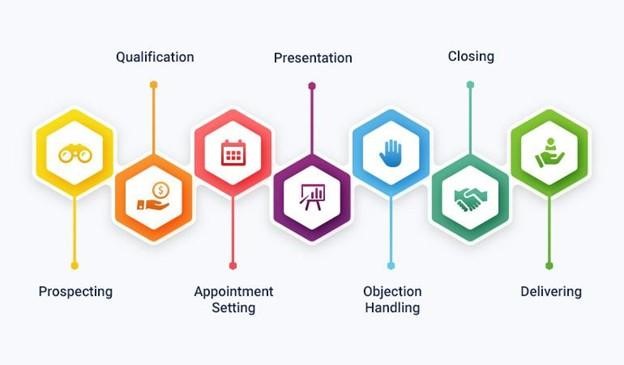
When recruiting new team members for your business, there are many considerable factors to ensure your offer is most appealing to your target recruit. Generally, companies will hire established salespeople with the assumption that they won’t need further training. In doing so, you could be missing out on the opportunity to grow and develop the next top salesperson.
Here are 4 reasons why you should implement an offer of sales training into your recruitment process:
1. You Are More Likely To Retain Staff When You Offer Ongoing Training
Offering ongoing training to employees will make them feel valued. It attracts the right type of person to the role, someone who is eager to enhance their skills and wants career progression. Going into a new job knowing you will have opportunities to learn and develop new skills naturally boosts enthusiasm. Not to mention your business’ recruitment costs will reduce when you have a high staff retention rate.

2. Be Proactive, Not Reactive
It is common for businesses to only consider training their sales team when there are problems emerging. A more effective strategy is to offer staff training regularly. This will prevent problems before they occur and ensures any issues are stamped out early on. Incorporating Sales Training into your recruitment process will ensure any new staff that come on board are trained in the same way as your current salespeople.
3. Attract A Quality Candidate To The Position
Proposing a training program in your employment offer is attractive to prospective employees as it eases tension related to taking on a new job. It opens the doors to people who may not have a lot of experience in the field, but they are eager to learn and with the right training, could be the next best salesperson on your team.

4. Promotes An Encouraging And Supportive Work Environment
Sales Training has a positive influence on staff enthusiasm, engagement, and fulfilment. Offering training opportunities at the recruitment stage promotes your business as being supportive. It shows you have intent for employee growth within the company. Offering sales training from the beginning of a salesperson’s career demonstrates that your company is willing to invest in their team.
You can achieve these benefits and more by offering effective training as part of your recruitment process.
Find out how you can incorporate Sales Training into your recruitment strategy by contacting KONA!
Phone 1300 611 288 or email info@kona.com.au


























































































